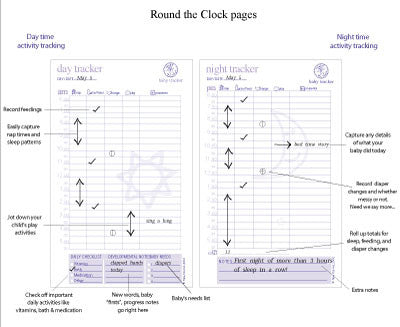

To achieve this, the uGrow team has developed so-called insights. It seeks to provide a data-driven solution by offering parents personal advice that addresses their needs and wishes, on the basis of behavioral and contextual data users have tracked in the app. In line with these trends, Philips Avent has developed the uGrow app, a medical grade app dedicated to new parents for tracking their baby’s development.

Moreover, according to Johnson, apps are designed to be performative, that is, they induce or elicit users to act, for example, to change certain behaviors. Given this, more apps are increasingly personalized by offering tailored information and personal advice on the basis of tracked app data. By means of different techniques-artificial intelligence, machine learning, data mining, and classification algorithms-the collected contextual and behavioral data can be analyzed and turned into meaningful, new information for the infant’s parents or caregivers. The often large amounts of contextual and behavioral data (referred to as big data) that are collected in (and in function of) the process provide ample opportunity for data-driven innovation (DDI). These apps are becoming ever smarter, in that they do not only contain information about child-rearing topics but they also allow users to track the infants’ development with increasing completeness and precision.
Unsurprisingly, more and more parenting apps have become available to support new parents a quick search for parenting apps in the Google Play Store easily yields more than 50 hits within a second.


 0 kommentar(er)
0 kommentar(er)
